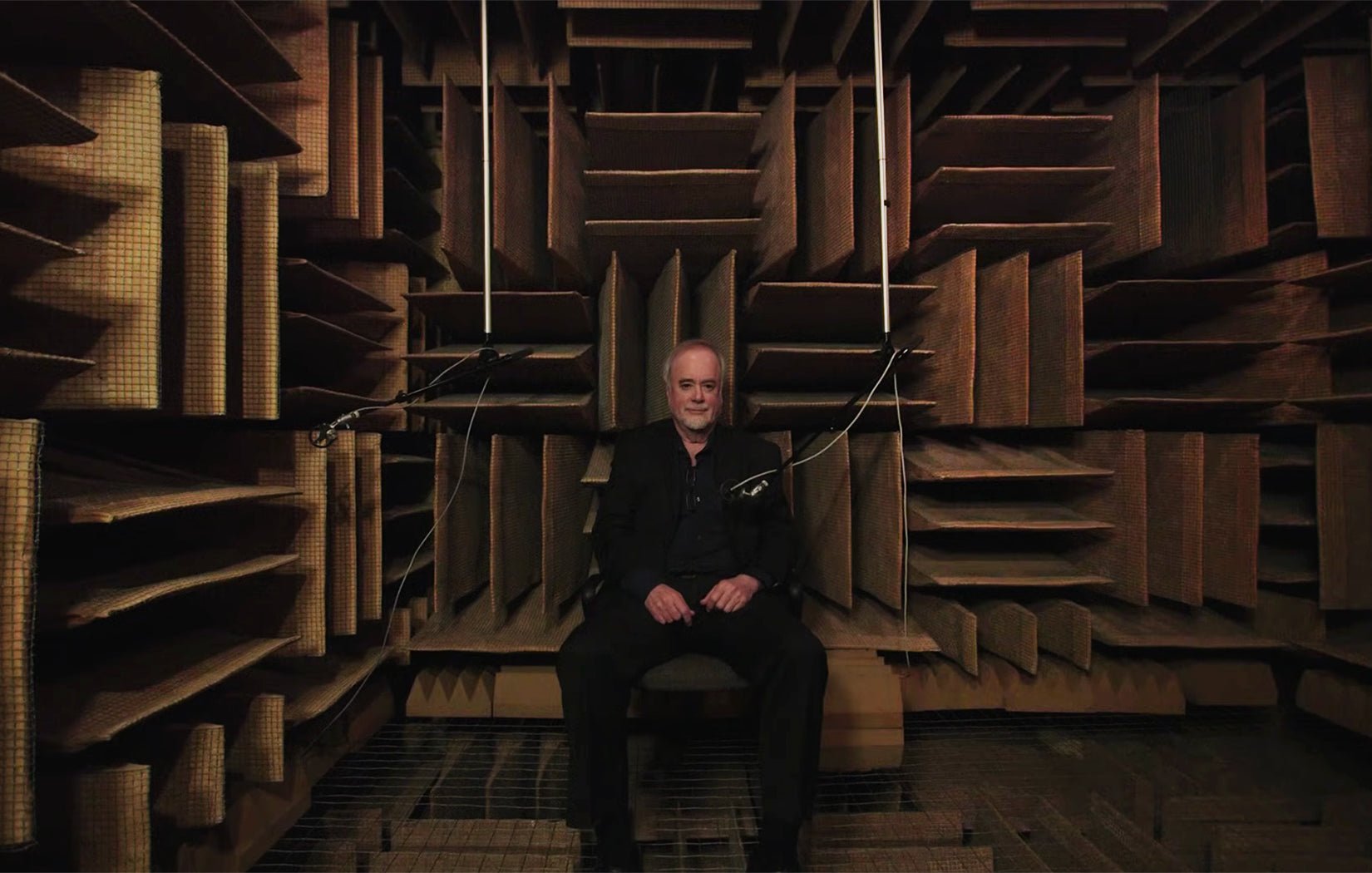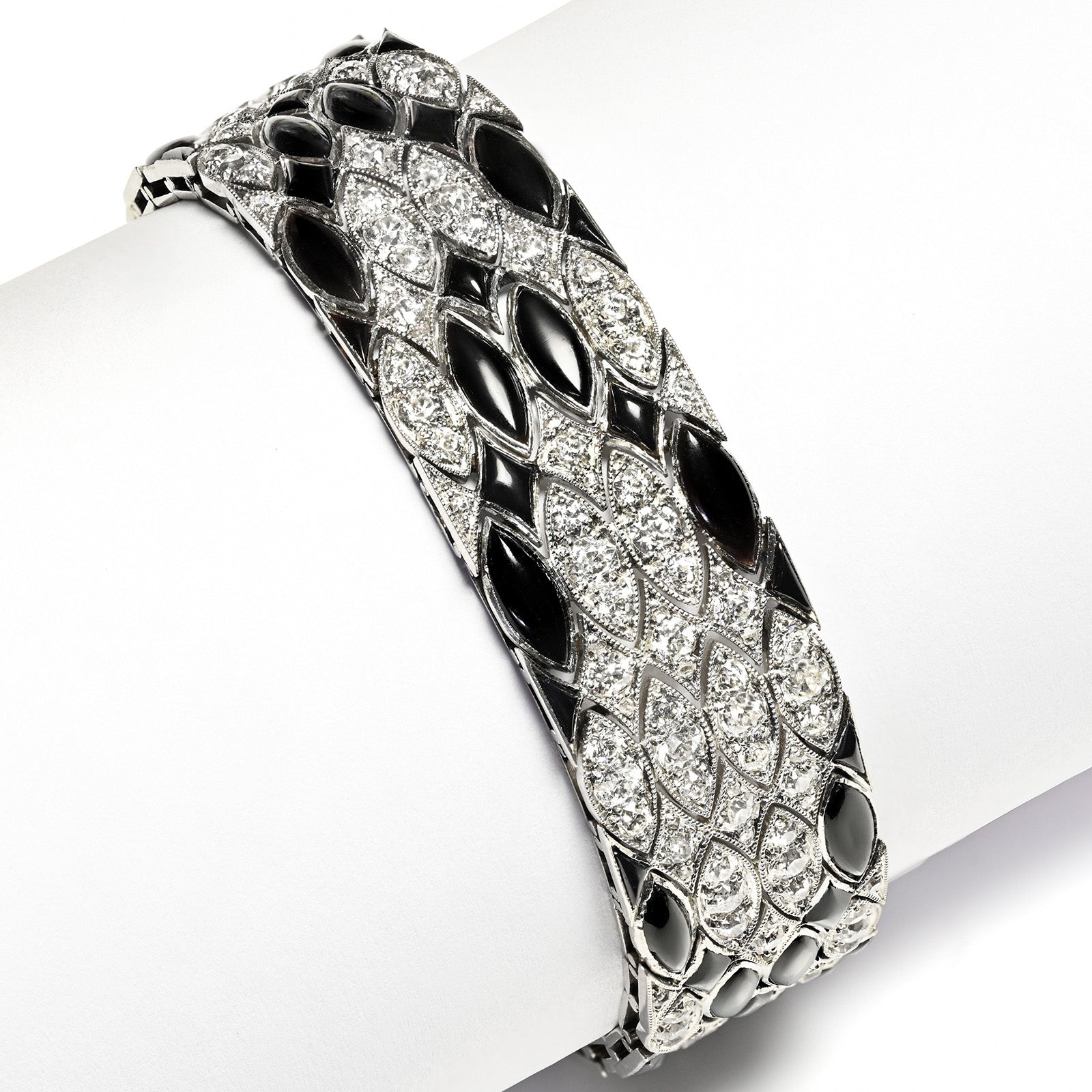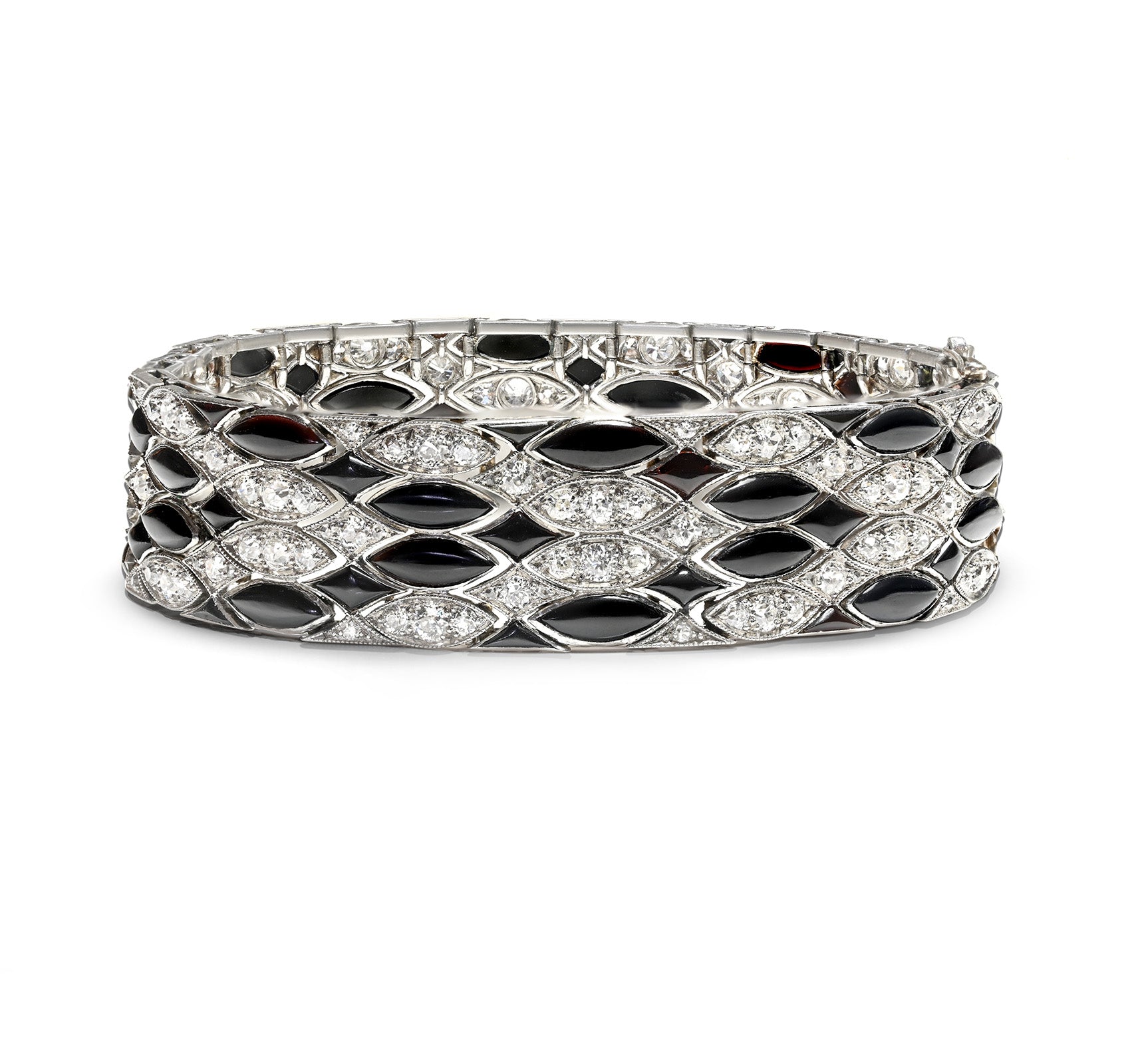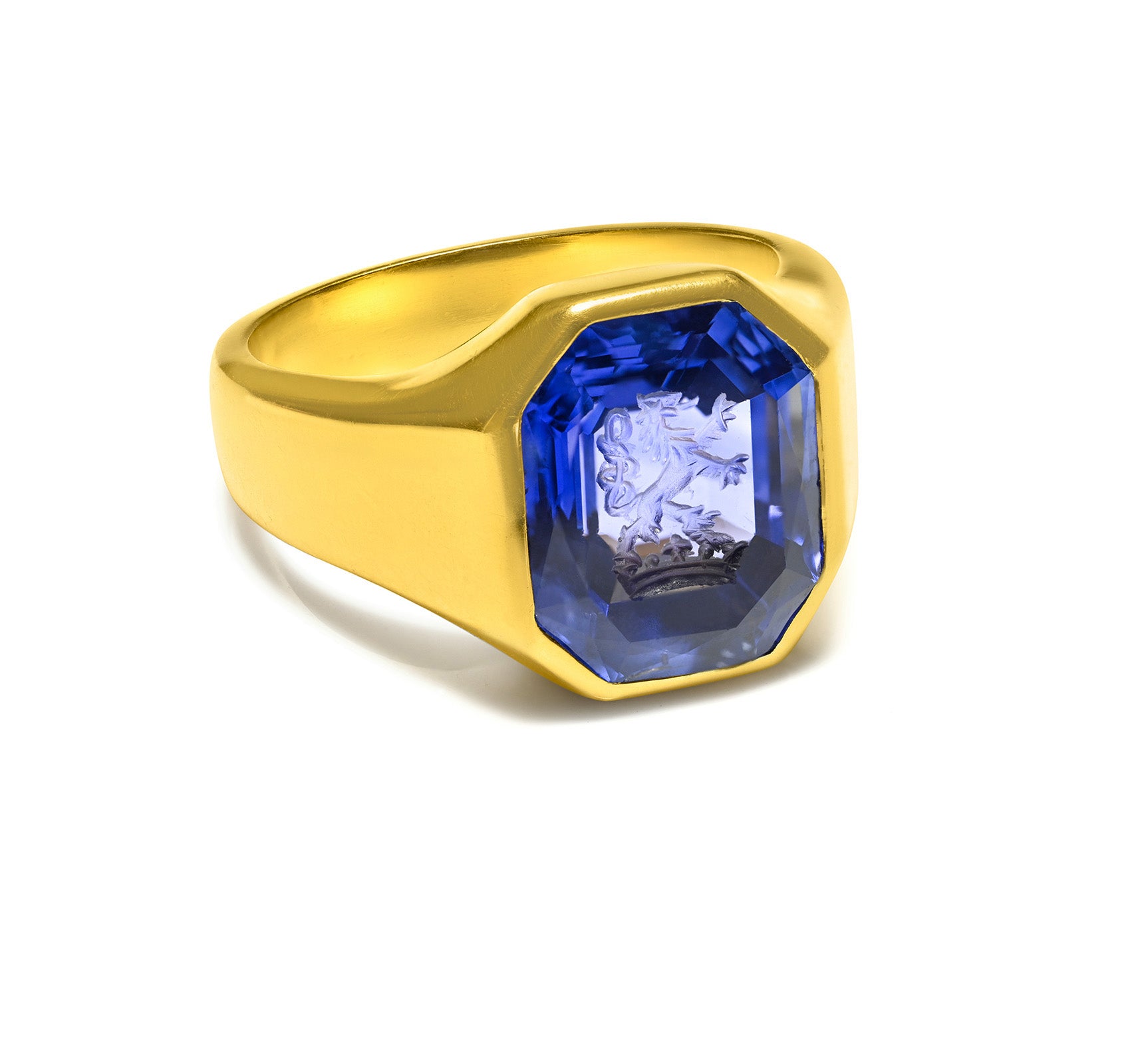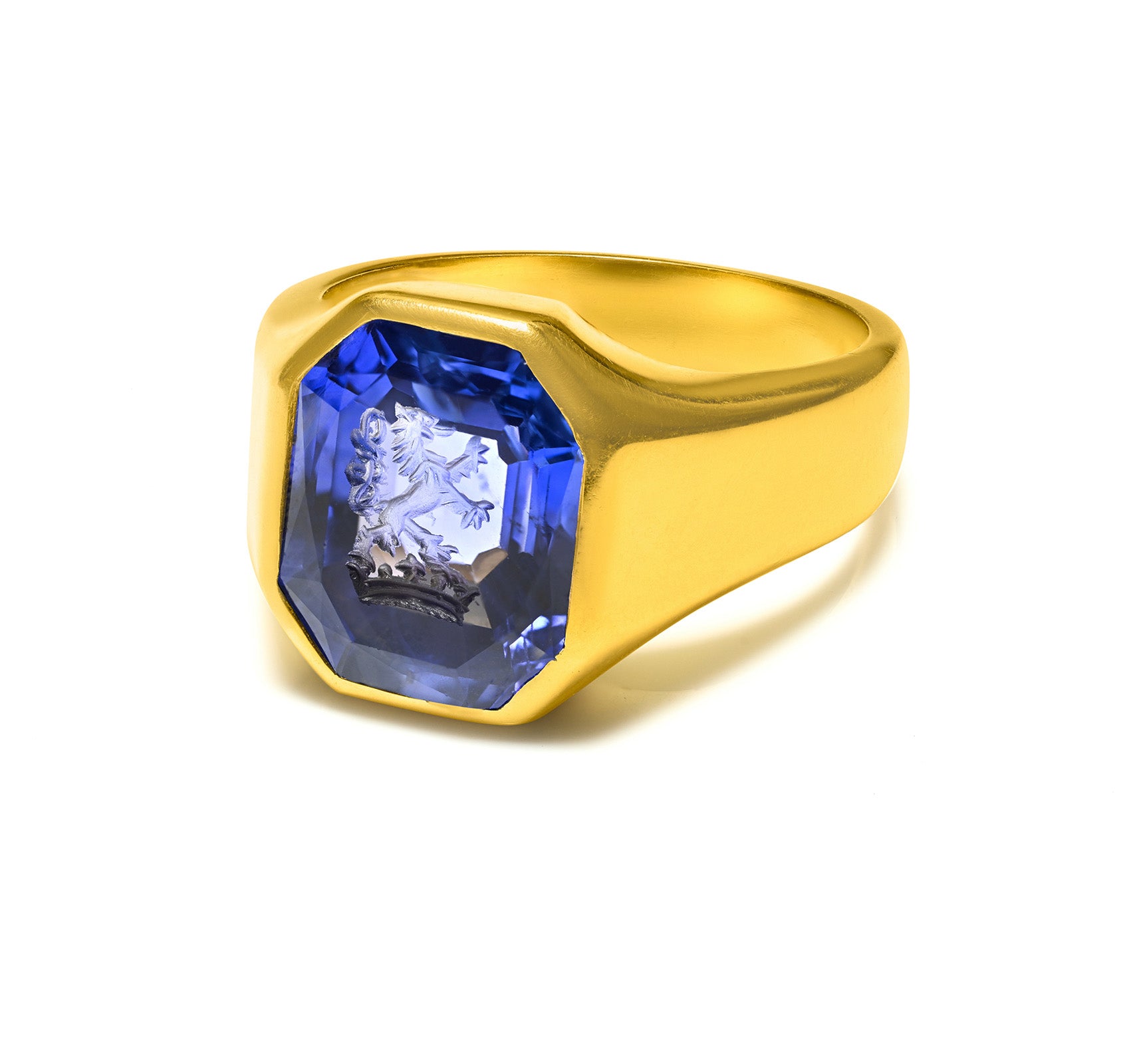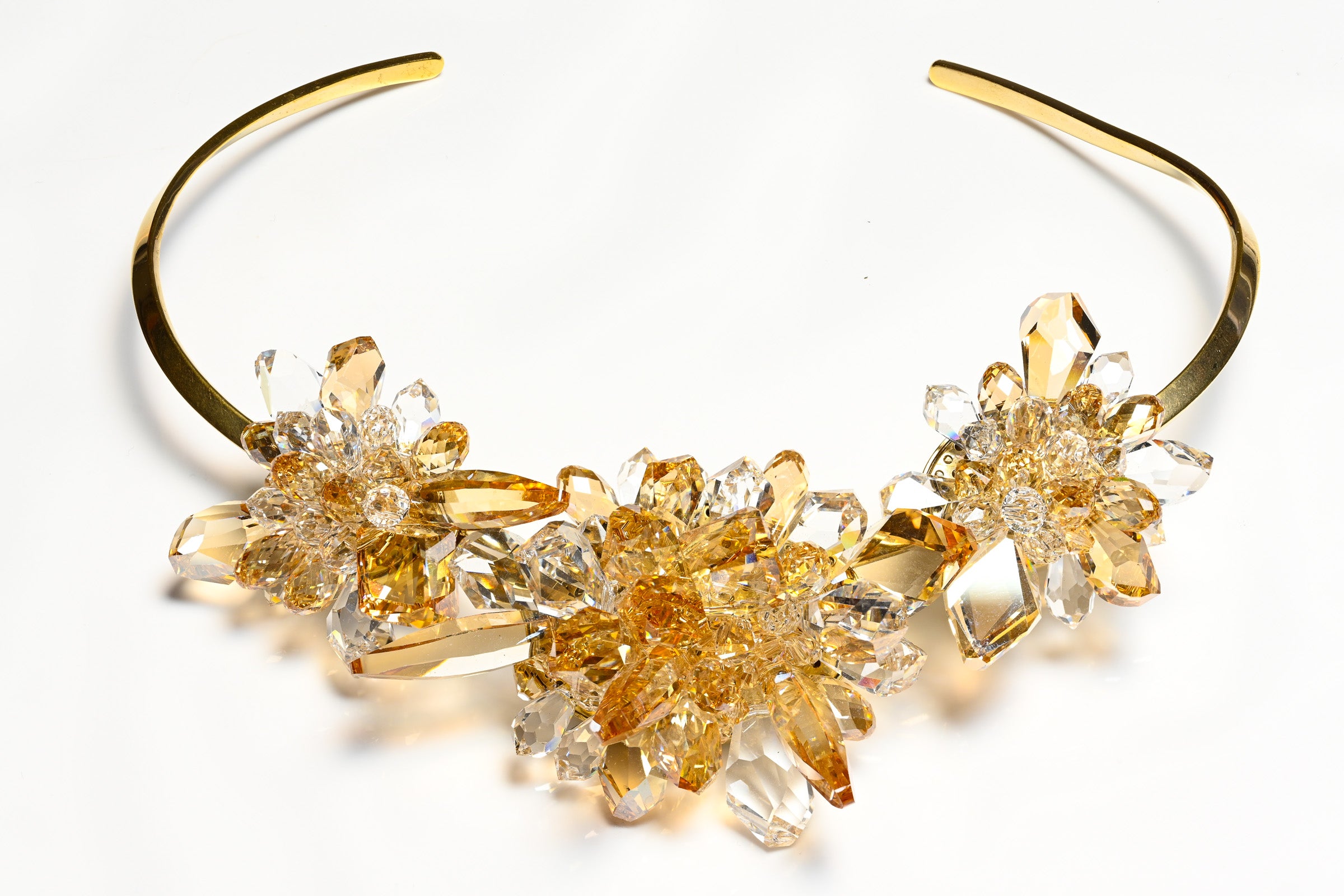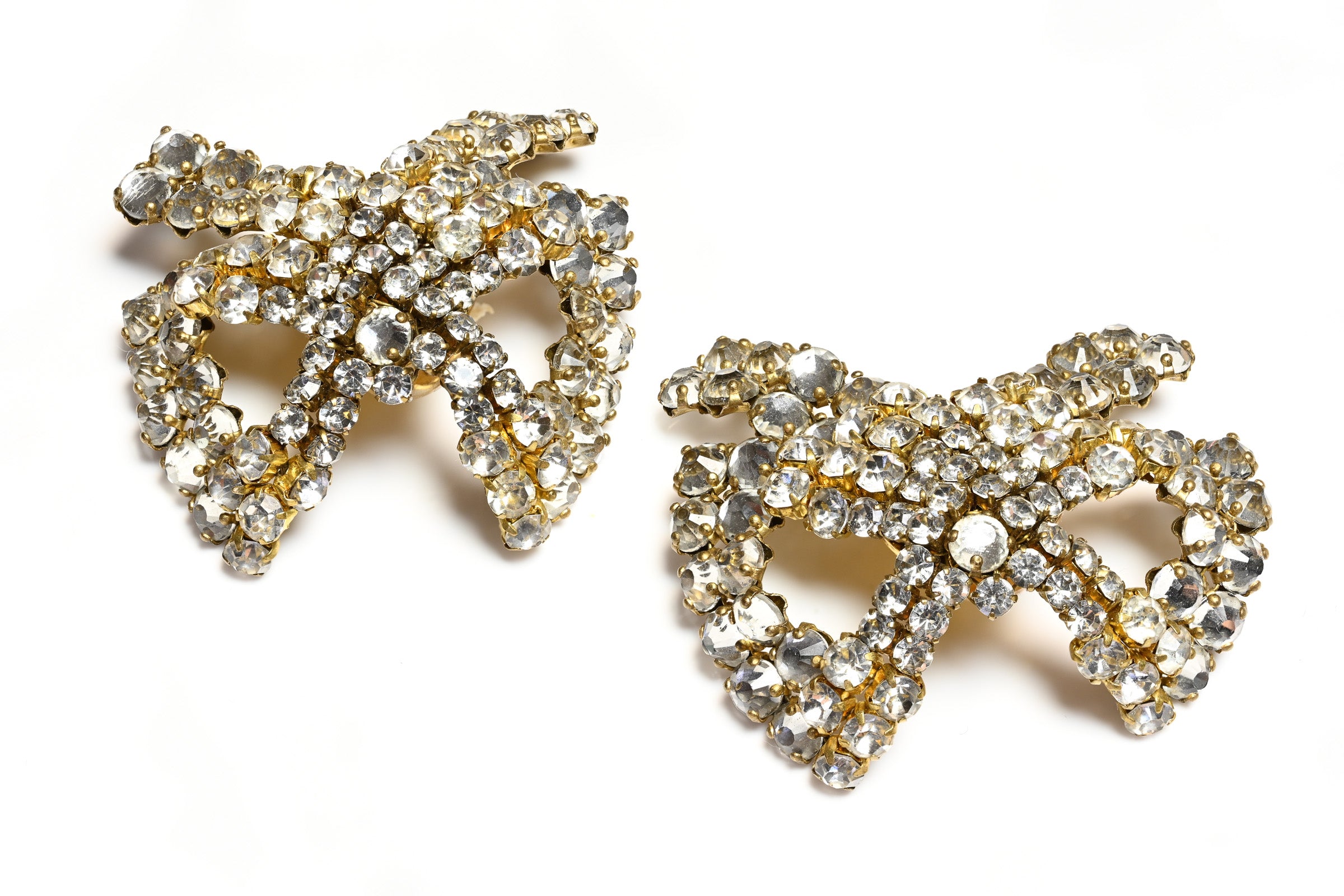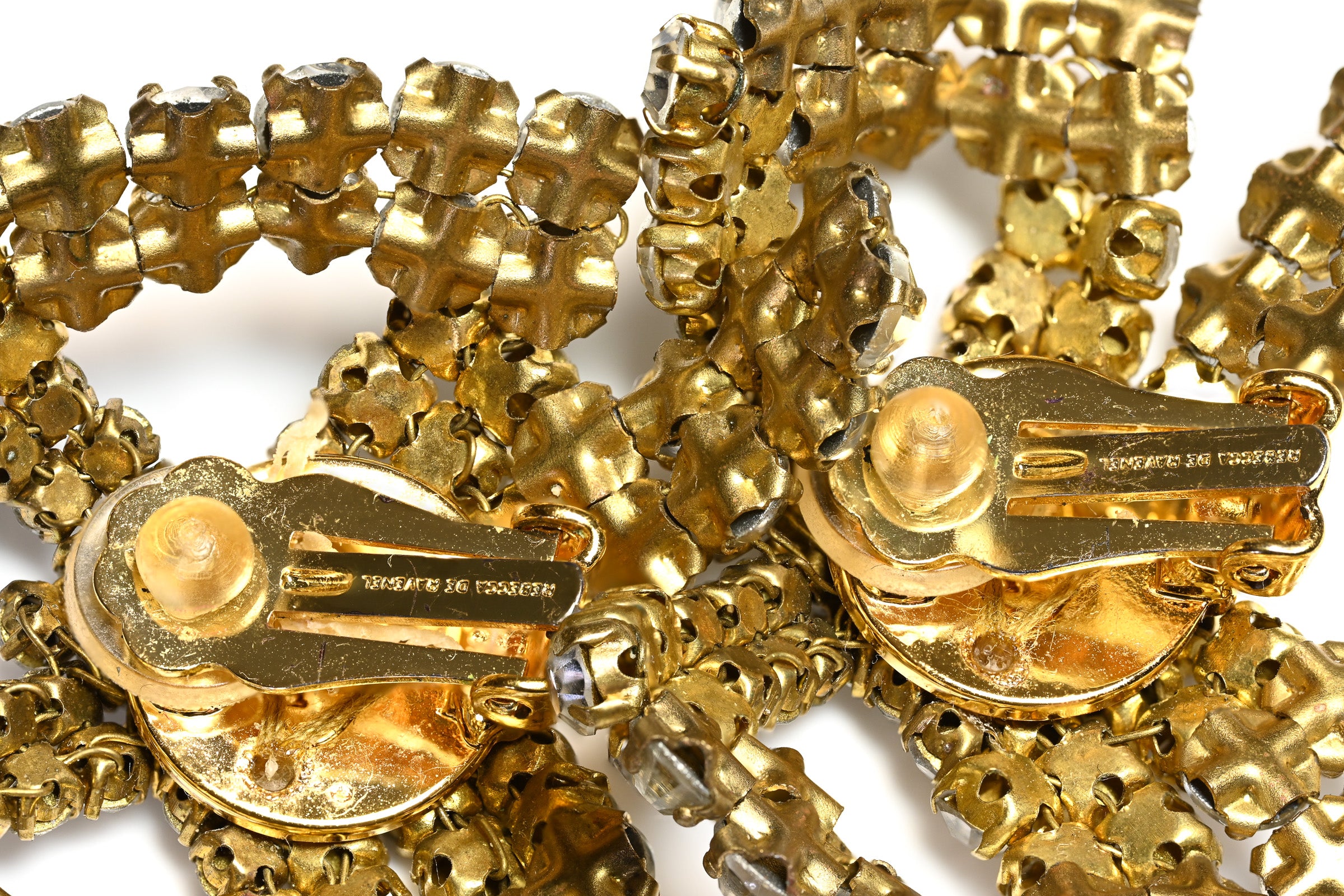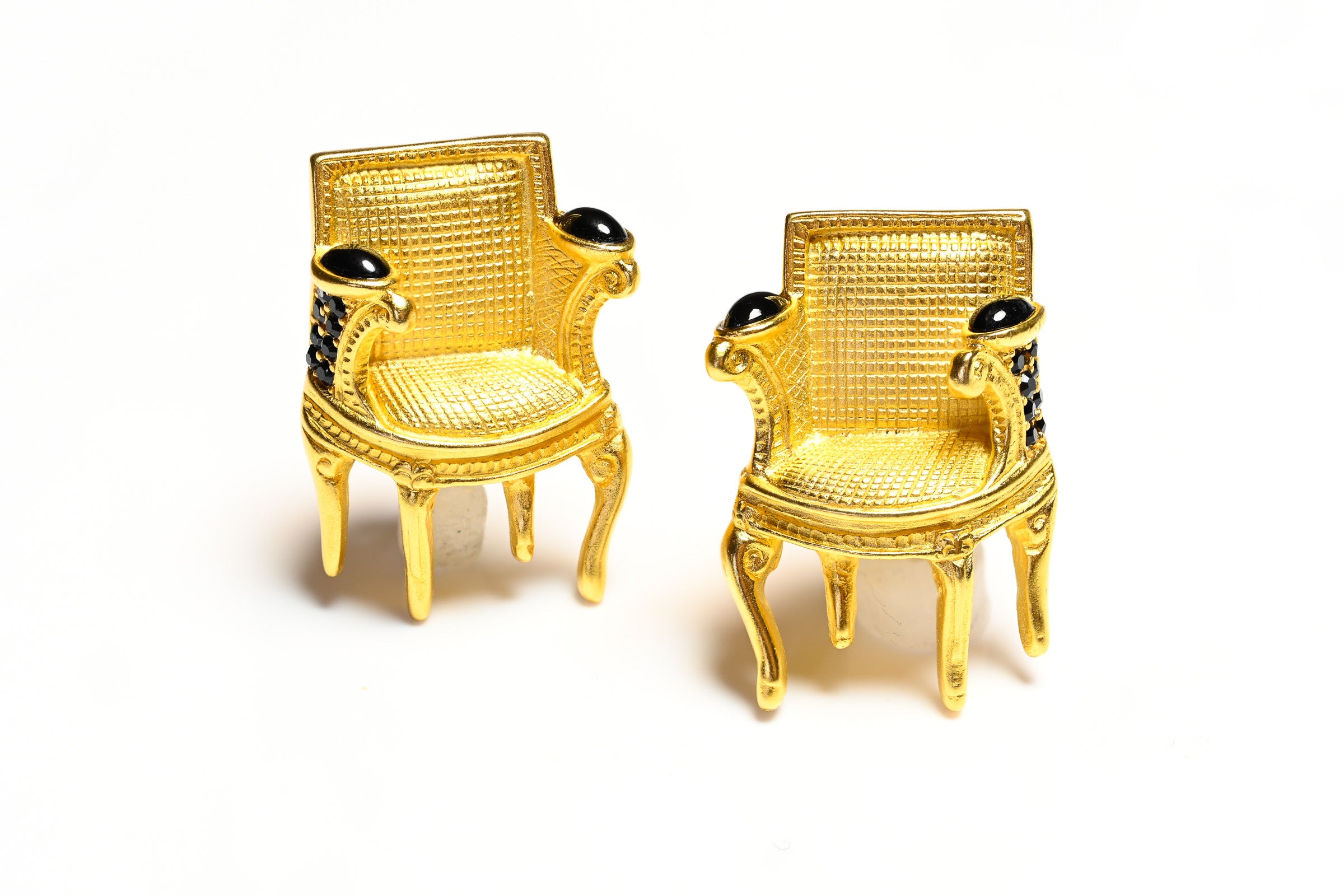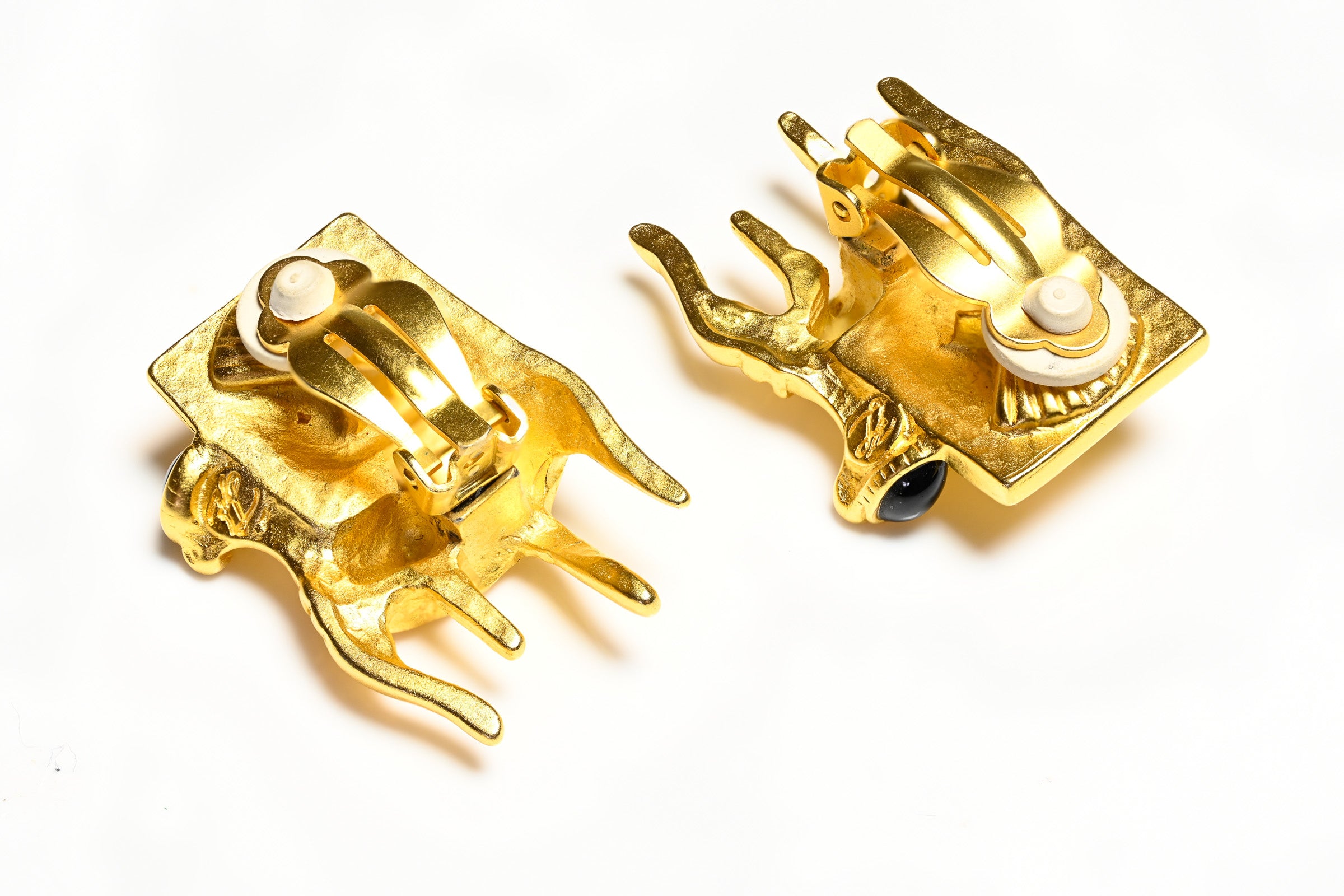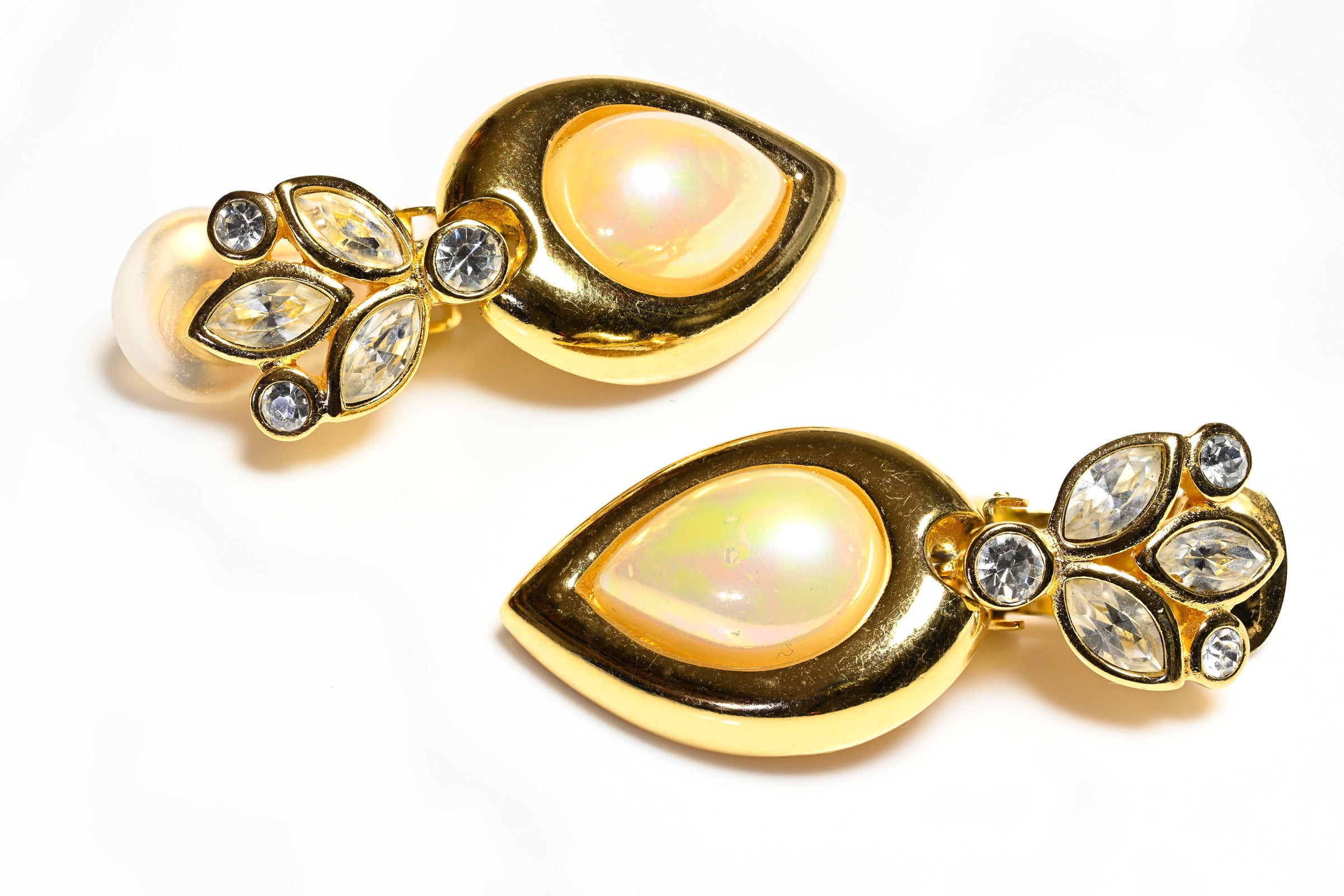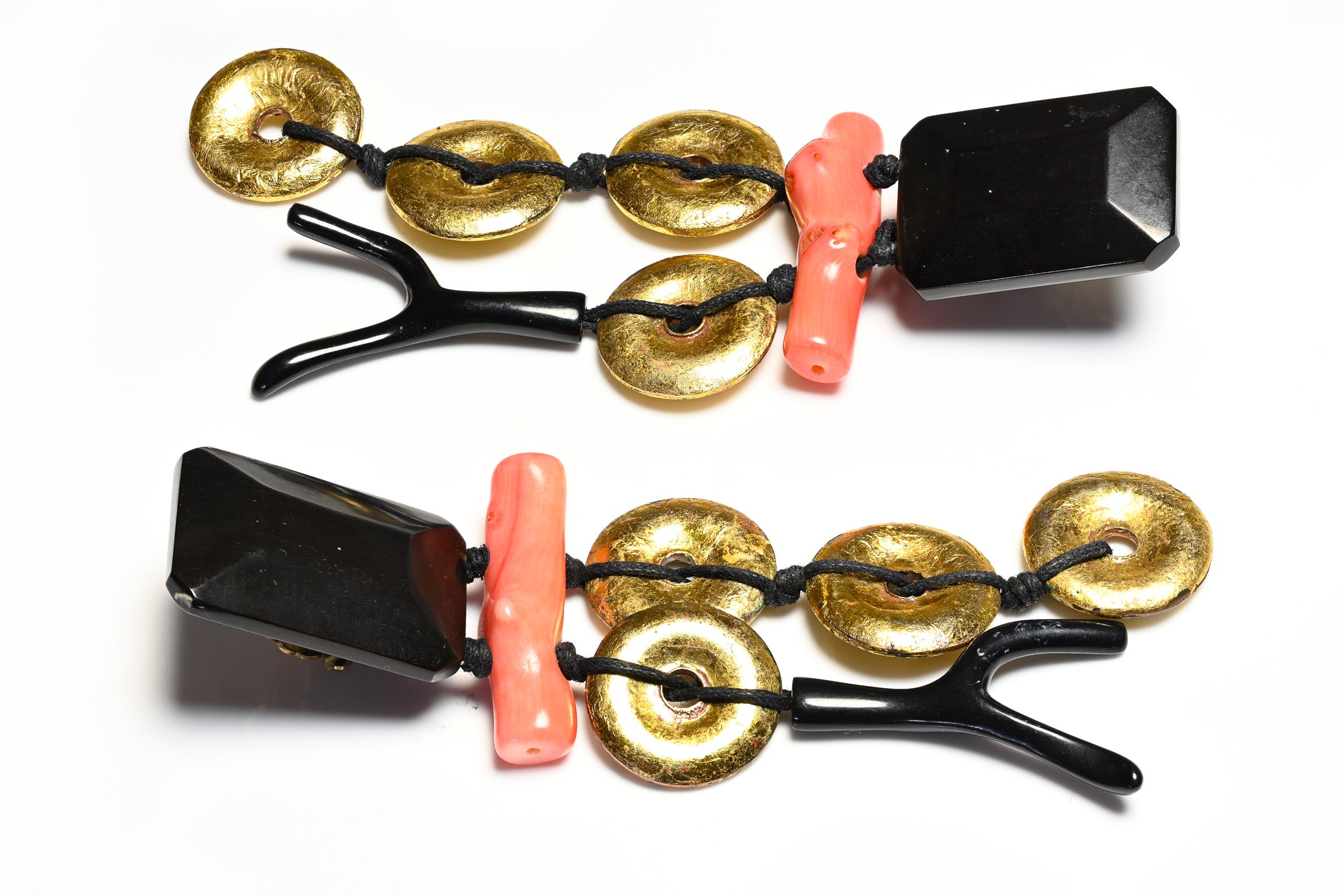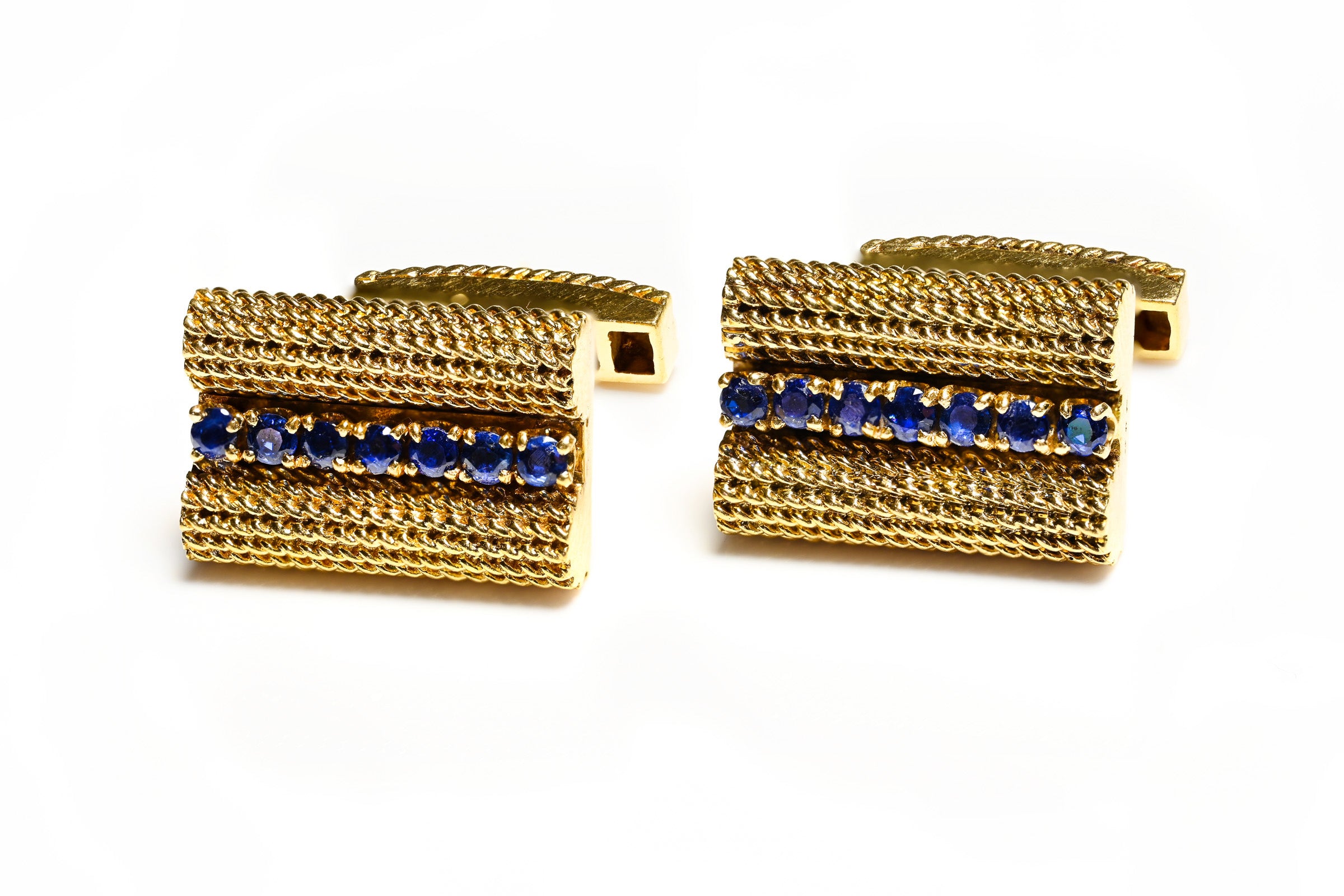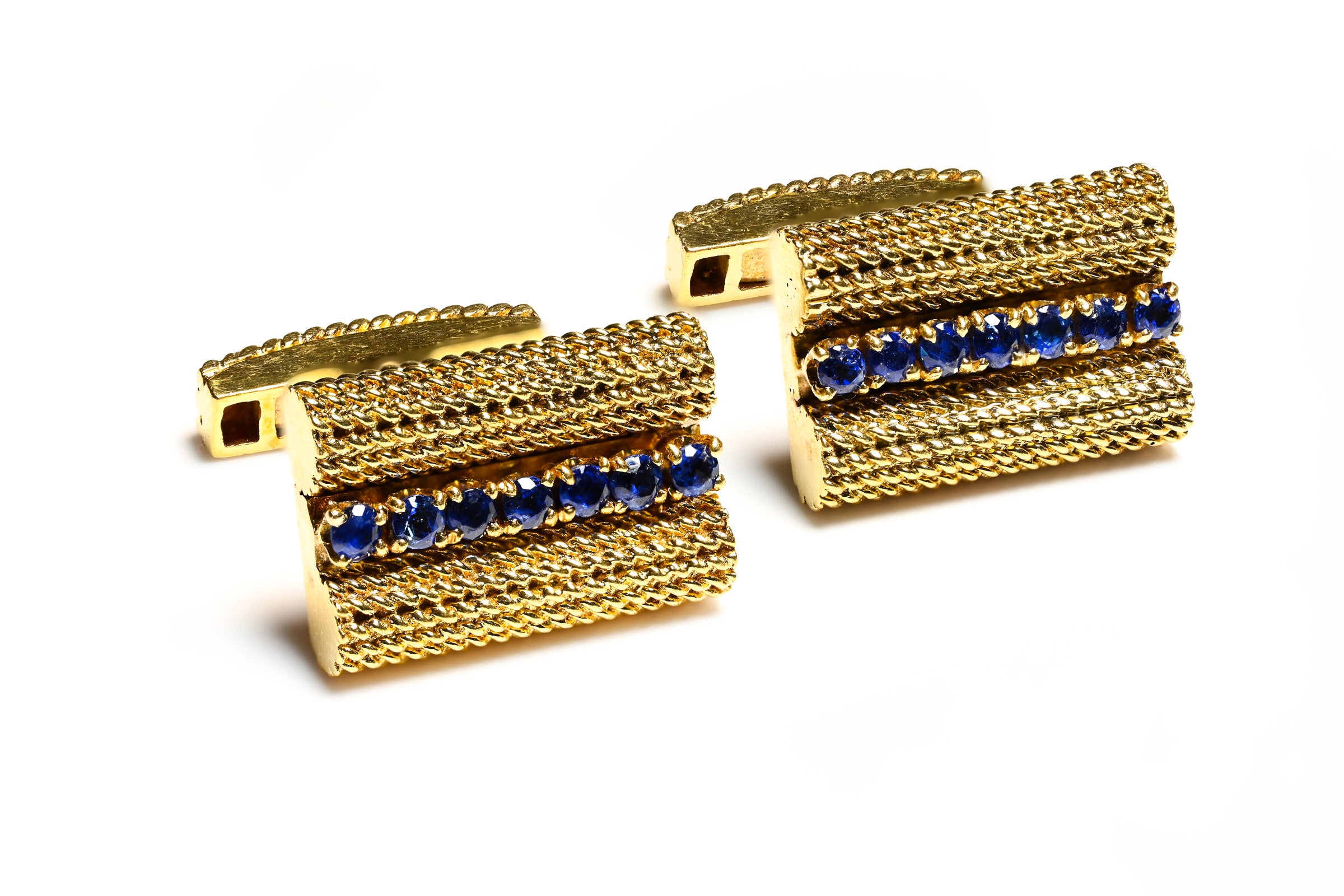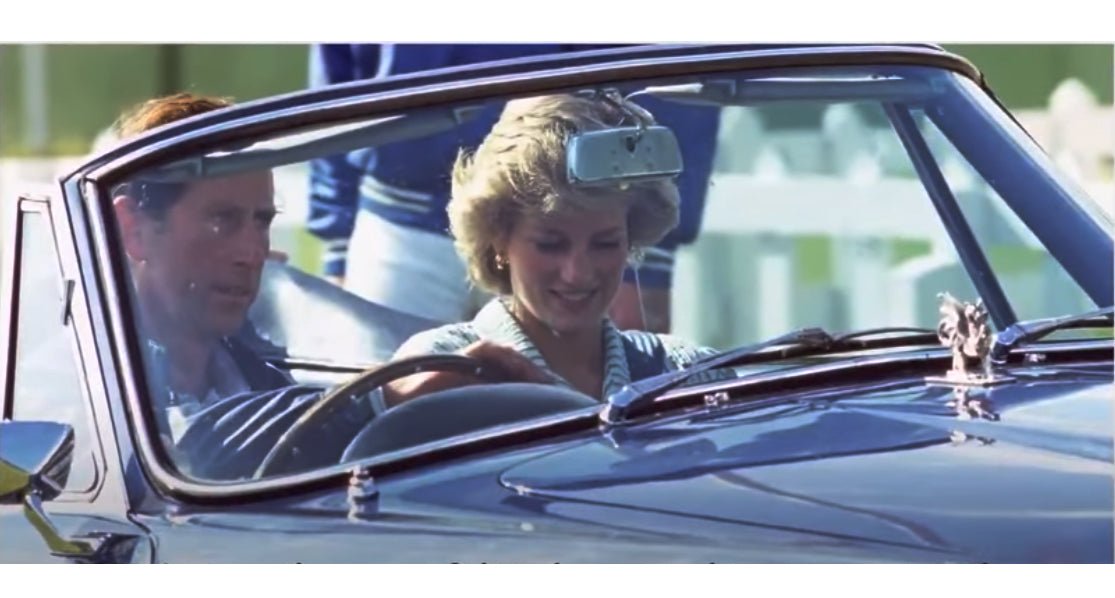
Prince Charles' Vintage Aston Martin Runs On... Cheese and Wine
Prince Charles of Great Britain has revealed the "secret recipe" he uses to power his vintage Aston Martin, the car he has been using for more than five decades. And it's quite.... delicious.
As weird as it may sound, the British royal highness revealed, in an interview with Justin Rowlatt, the BBC's editor for environmental issues, that he modified his Aston Martin, a car extremely dear to him, in order to partially run on leftover cheese and wine.
Specifically, Prince Charles' Aston Martin car uses a fuel called E85, made from what Prince Charles said is a "surplus" of English white wine and cheese waste resulting from the cheese-making process.
"My old Aston Martin, that runs now on waste products," he said. "It runs on — can you believe this — surplus English white wine and whey from the cheese process."

Prince Charles' car, a blue DB6 Mk2 Volante model, was given to him by the Queen on his 21st birthday.
"The engineers at Aston said, 'Oh, it'll ruin the whole thing,'" he said.
"I said, 'Well I won't drive it then,' so they got on with it and now they admit that it runs better and is more powerful on that fuel than it is on petrol," he added.
E85 is, in fact, a fuel mixture made up of 85 percent bioethanol and 15 percent unleaded gasoline.
According to EuroNews, bioethanol, or simply "ethanol", is a renewable energy source obtained by fermenting sugar and starch components from vegetable by-products. Usually, ethanol is obtained from sugar cane and cereals, which ferment with yeast, but can also be obtained from the combination of wine and whey that the prince was talking about.
However, the Aston Martin is not the only royal vehicle that Prince Charles managed to convert. He revealed that he battled to change the engine of the royal train to run on cooking oil.
Asked what he is doing to reduce his carbon footprint, Prince Charles said he switched the Birkhall royal heating system to biomass boilers, which use wood chips from cut-down trees in the property's forest. He also installed a hydroelectric turbine on the river that runs past the property.
His Royal Highness also installed solar panels at Clarence House, his London residence, and on the farm buildings of Highgrove, his Gloucestershire residence.

He also said that most of the vehicles used in his fields are now electric, but because "not everything can be done with electric vehicles", he believes that the technology that uses hydrogen will also need to be used more widely.
His concern with electric vehicles is primarily related to price, as they are not cheap at all, as well as how the materials for the batteries will be obtained and how they can be recycled later, given that there is already a huge amount of waste.
But low-carbon transport remains a big challenge. Prince Charles hopes that flying will become simpler and more sustainable when new biofuels are available, using carbon captured from the air and hydrogen from sustainable sources.
In his opinion, the key to success in having a cleaner planet would be to make ecological alternatives cheaper for everyone.
As weird as it may sound, the British royal highness revealed, in an interview with Justin Rowlatt, the BBC's editor for environmental issues, that he modified his Aston Martin, a car extremely dear to him, in order to partially run on leftover cheese and wine.
Specifically, Prince Charles' Aston Martin car uses a fuel called E85, made from what Prince Charles said is a "surplus" of English white wine and cheese waste resulting from the cheese-making process.
"My old Aston Martin, that runs now on waste products," he said. "It runs on — can you believe this — surplus English white wine and whey from the cheese process."

Prince Charles' car, a blue DB6 Mk2 Volante model, was given to him by the Queen on his 21st birthday.
Prince Charles Convinced Aston Martin Engineers to Make the Peculiar Change
Prince Charles told The Telegraph last year that he'd insisted Aston Martin engineers find him an alternate fuel source and was initially met with some pushback."The engineers at Aston said, 'Oh, it'll ruin the whole thing,'" he said.
"I said, 'Well I won't drive it then,' so they got on with it and now they admit that it runs better and is more powerful on that fuel than it is on petrol," he added.
E85 is, in fact, a fuel mixture made up of 85 percent bioethanol and 15 percent unleaded gasoline.
According to EuroNews, bioethanol, or simply "ethanol", is a renewable energy source obtained by fermenting sugar and starch components from vegetable by-products. Usually, ethanol is obtained from sugar cane and cereals, which ferment with yeast, but can also be obtained from the combination of wine and whey that the prince was talking about.
However, the Aston Martin is not the only royal vehicle that Prince Charles managed to convert. He revealed that he battled to change the engine of the royal train to run on cooking oil.
Prince Charles' Quest to Protect the Environment
Prince Charles is known as an environmental activist. In 2020, he ventured into the field of sustainable fashion, collaborating with designers Vin + Omi to produce a collection of clothing made from nettles in his garden.Asked what he is doing to reduce his carbon footprint, Prince Charles said he switched the Birkhall royal heating system to biomass boilers, which use wood chips from cut-down trees in the property's forest. He also installed a hydroelectric turbine on the river that runs past the property.
His Royal Highness also installed solar panels at Clarence House, his London residence, and on the farm buildings of Highgrove, his Gloucestershire residence.

He also said that most of the vehicles used in his fields are now electric, but because "not everything can be done with electric vehicles", he believes that the technology that uses hydrogen will also need to be used more widely.
His concern with electric vehicles is primarily related to price, as they are not cheap at all, as well as how the materials for the batteries will be obtained and how they can be recycled later, given that there is already a huge amount of waste.
But low-carbon transport remains a big challenge. Prince Charles hopes that flying will become simpler and more sustainable when new biofuels are available, using carbon captured from the air and hydrogen from sustainable sources.
In his opinion, the key to success in having a cleaner planet would be to make ecological alternatives cheaper for everyone.


